FEEdBACk - Homepage
About
The core objective of FEEdBACk is to promote, stimulate and deliver energy efficiency through behavioural change. To encourage a more efficient energy utilization and a more responsible consumer behaviour, the gamification platform will be used to motivate behavioural change by fostering awareness and consumer engagement through a pervasive application that analyses context, sends personalized messages and manages gamified peer competition and feedback.
The gamification platform will be embedded in a broader ICT-based platform for energy efficiency with an interactive energy management system, which will aid interested stakeholders optimizing "when and at which rate" energy is to be buffered and consumed, with several advantages, such as reducing peak load, maximizing local renewable energy consumption and delivering a more efficient use of the resources available in individual buildings or blocks of buildings. This system will also interact with an automation manager and a users' behaviour predictor application.
The approach to motivate behaviour change is made by intrinsically motivating the user to change procedures and take advantage of opportunities to improve energy efficiency without compromising the comfort level and autonomy. In order for the user to feel in control, the application will analyse the users' context and past behaviour to choose the right moment to introduce advice notices.
FEEdBACk developments will be demonstrated in three different climatic regions (oceanic climate in Porto, Mediterranean climate in Barcelona and continental-oceanic climate in Lippe) and in three different types of buildings (services building, high schools and dwellings, respectively).
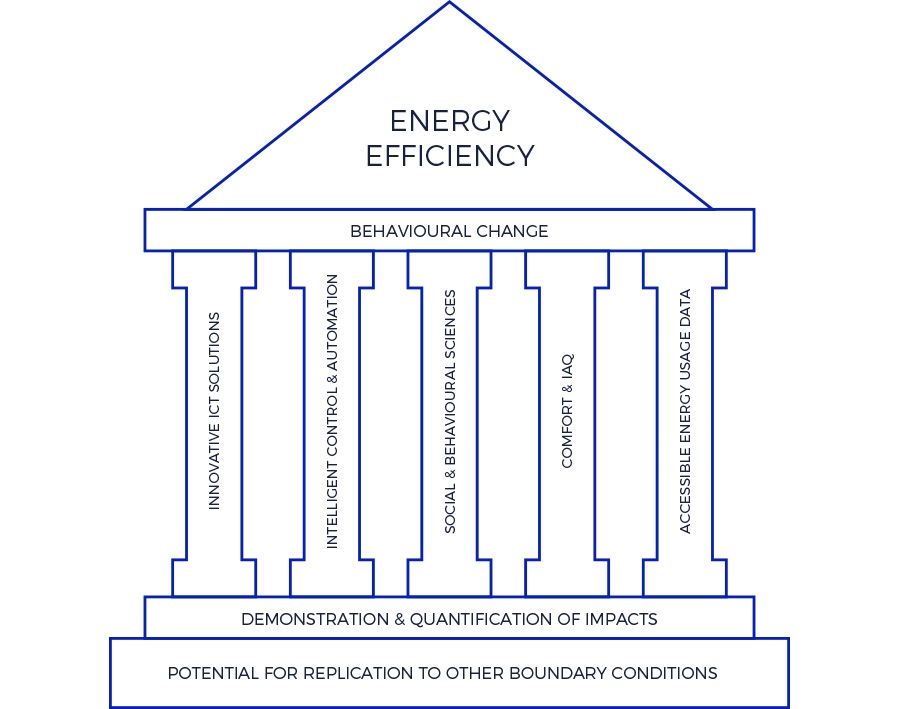
Consortium
The consortium is composed of 8 partners based in 7 different countries – Portugal, the Netherlands, Switzerland, Spain, the United Kingdom, Denmark and Germany.
Three different research partners, INESC TEC, TUDelft and EPFL ensure the necessary scientific background with previous and extensive research and development activities that represent a strong added-value towards achieving FEEdBACk’s objectives. Their expertise in key areas of the project such as energy (INESC TEC, TUDelft and EPFL), gamification (INESC TEC) and comfort (TUDelft) puts them among the leading R&D European institutions with several scientific publications and participations in R&D projects as well as several industry-related projects. These partners have been very much involved in other Framework Programme projects and therefore have a good familiarity with the adequate procedures for a sound and smooth development of the work towards the desired goals. Also, three industry partners, IN-JET, DEXMA and
LiMETOOLS are heavily involved in the key areas represented in this project, namely one company with experience in ICT and a strong background in the social sciences field (IN-JET), another company that focus on the use and development of ICT solutions for energy efficiency purposes (DEXMA) and also a company that brings the gamification expertise to the development of learning tools for energy efficiency (LiMETOOLS). Finally, a citizens’ representative (KREIS LIPPE) and a public buildings’ manager (ERF) are included that are involved in the user engagement to promote the necessary interaction with the end users, bringing two demonstrator sites with relevant characteristics for validating the overall solution provided by FEEdBACk.
Work Packages
Leader: INESC TEC
The purpose of WP1 is to ensure a smooth development of the project in a target-oriented way, taking into account both budget and time restrictions, and interacting with all the other WPs. In this WP, the WP leader will serve as an intermediary between the consortium partners and the EC.
Leader: IN-JET
In this WP, innovative methodologies that will enable characterizing end users according to different factors will be designed and implemented. This work will include insights from social sciences and behavioural sciences in order to identify user profiles that are able to capture motivational drivers towards achieving energy efficiency goals. These users will be grouped so that they can be targeted with tailor-made actions that are able to maximize the efficacy of the measures undertaken.
Leader: EPFL
The main objective of this WP is to design and develop innovative ICT tools and applications that will be used to promote the interaction with the end users, thus motivating them to engage in behavioural changes towards energy efficiency goals.
Leader: LiMETOOLS
In this WP the digital marketplace application in T4.1, a user friendly digital platform, will be developed to enable making available to third parties data from anonymized users, metering and sensors from the demonstrators in order to support the development of new applications and the design of new business models. In addition, the gamification engine (T4.2) and corresponding platform (T4.3) will also be designed and developed with the objective of motivating permanent behavioural change by increasing the consumer awareness and engagement through targeted messages and gamified peer competition schemes. The applications developed in WP3 will be integrated in the ICT-based platform for energy efficiency in the scope of T4.4.
Leader: DEXMASENSORS
The work to be developed starts by setting up the demonstration of the FEEdBACk solution in a real-world scenario (T5.1). To carry out this work, the technological readiness of the building selected for demonstration will be appraised, namely, in terms of monitoring capabilities and data accessibility, to determine if new metering and data storage equipment is required to be installed.
Leader: TU Delft
This WP focuses on the assessment of the main impacts of the FEEdBACk solution, namely in terms of energy, IAQ and environment (T6.1) and economic aspects, which will also enable validating the business models implemented in WP5 (T6.2). Moreover, the aspects related to the sustainability and future applicability of the proposed solution of FEEdBACk will be addressed through a detailed behavioural change assessment (T6.3) and a thorough scalability and replicability analysis (T6.4). This will be complemented through the identification of new business opportunities and definition of market uptake strategies within T6.5. Finally, in T6.6 an insight into future trends in demand response and the corresponding impacts in users' behaviour will also be given, focusing on the identification of key ICT components.
Leader: INESC TEC
The objective of this WP is to disseminate and promote the knowledge, technical solutions and results achieved during the project. This WP is critical for the uptake of the FEEdBACk solution by third parties.
Overall structure of the work plan:

News & Events
Contact our support
Please contact us using the information below. For additional information on our management consulting services, please visit the appropriate page on our site.
-
Campus da FEUP
Rua Dr. Roberto Frias
4200 - 465 Porto
Portugal - info@feedback-project.eu




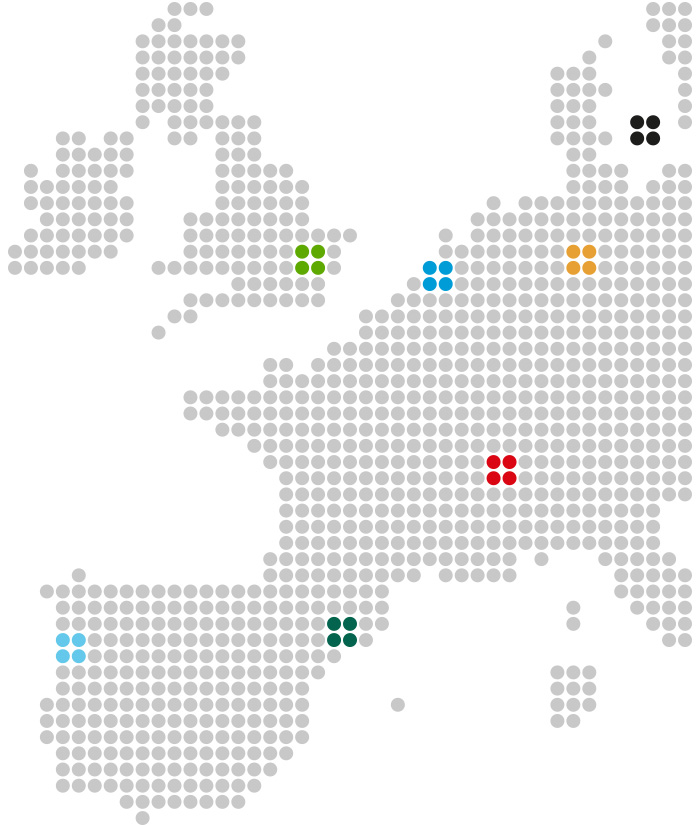




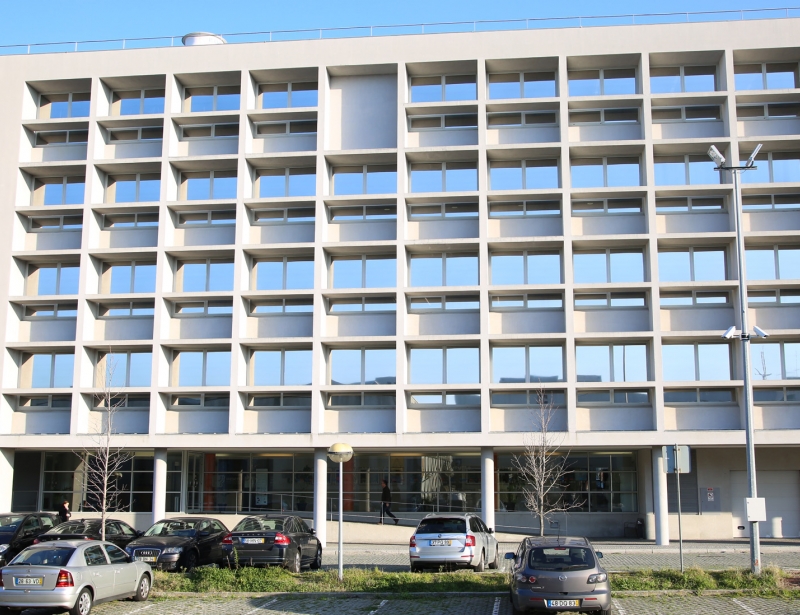
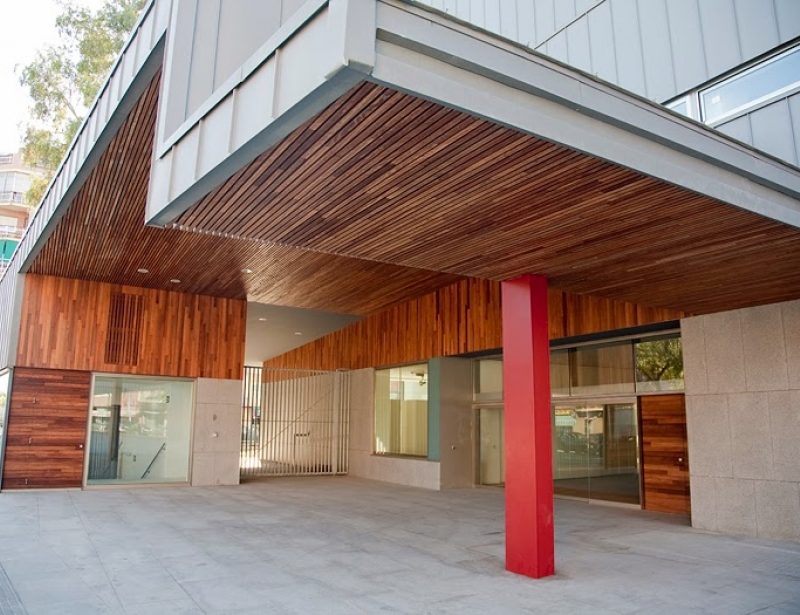
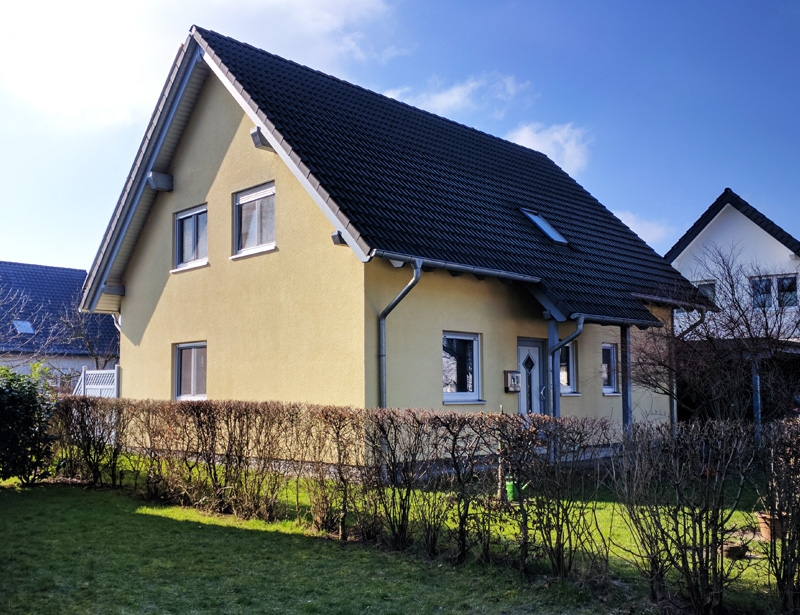
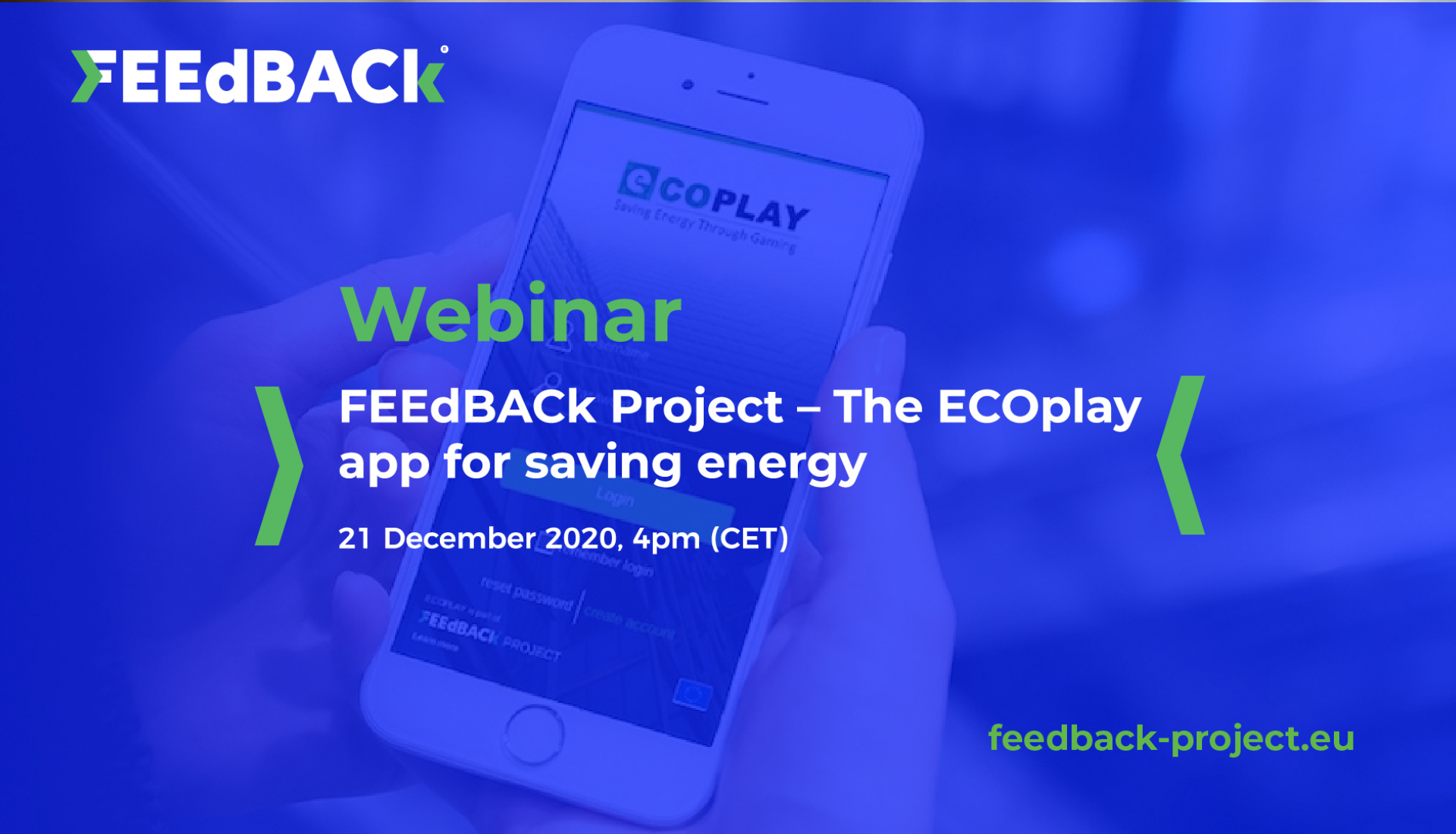
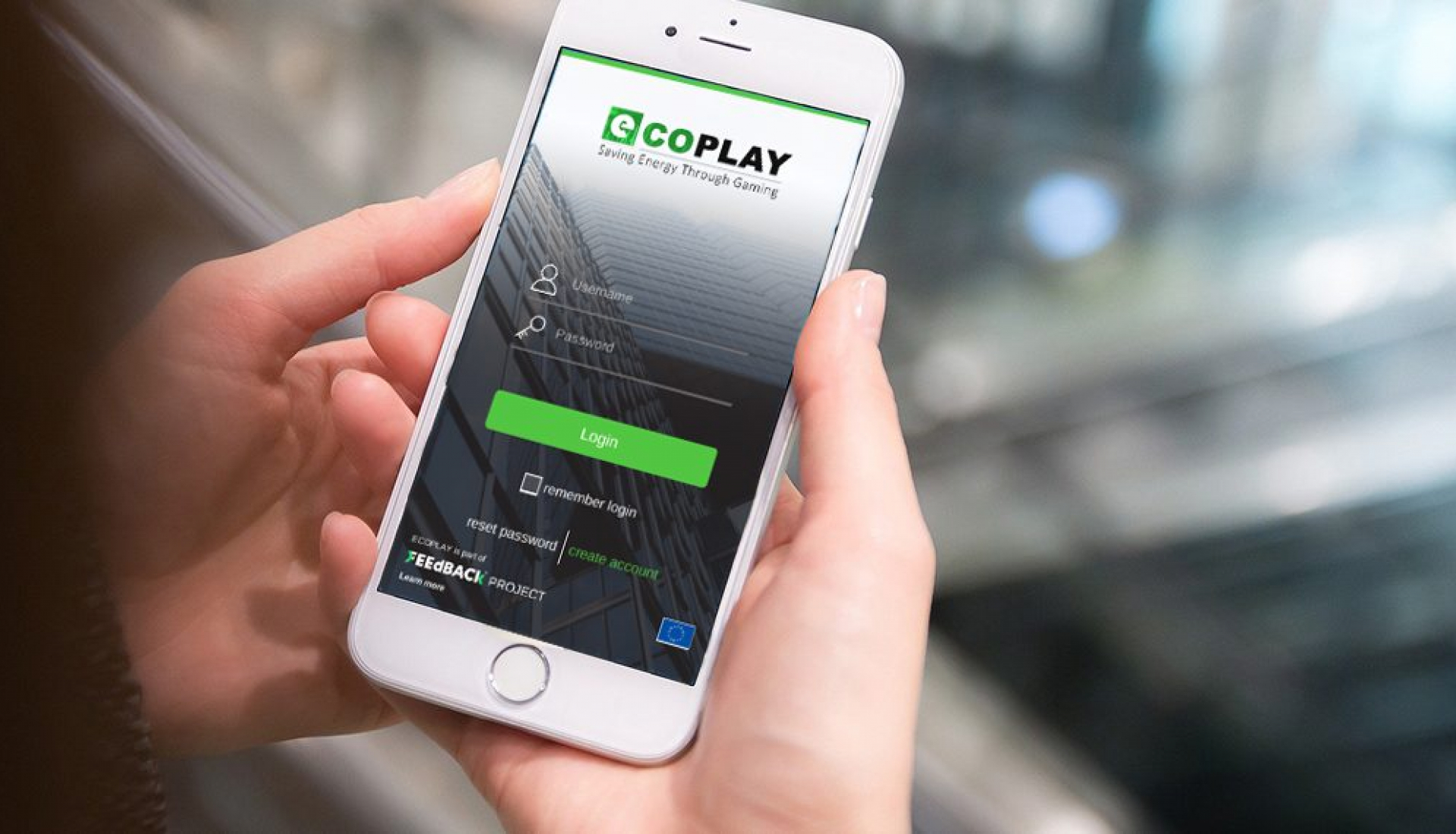
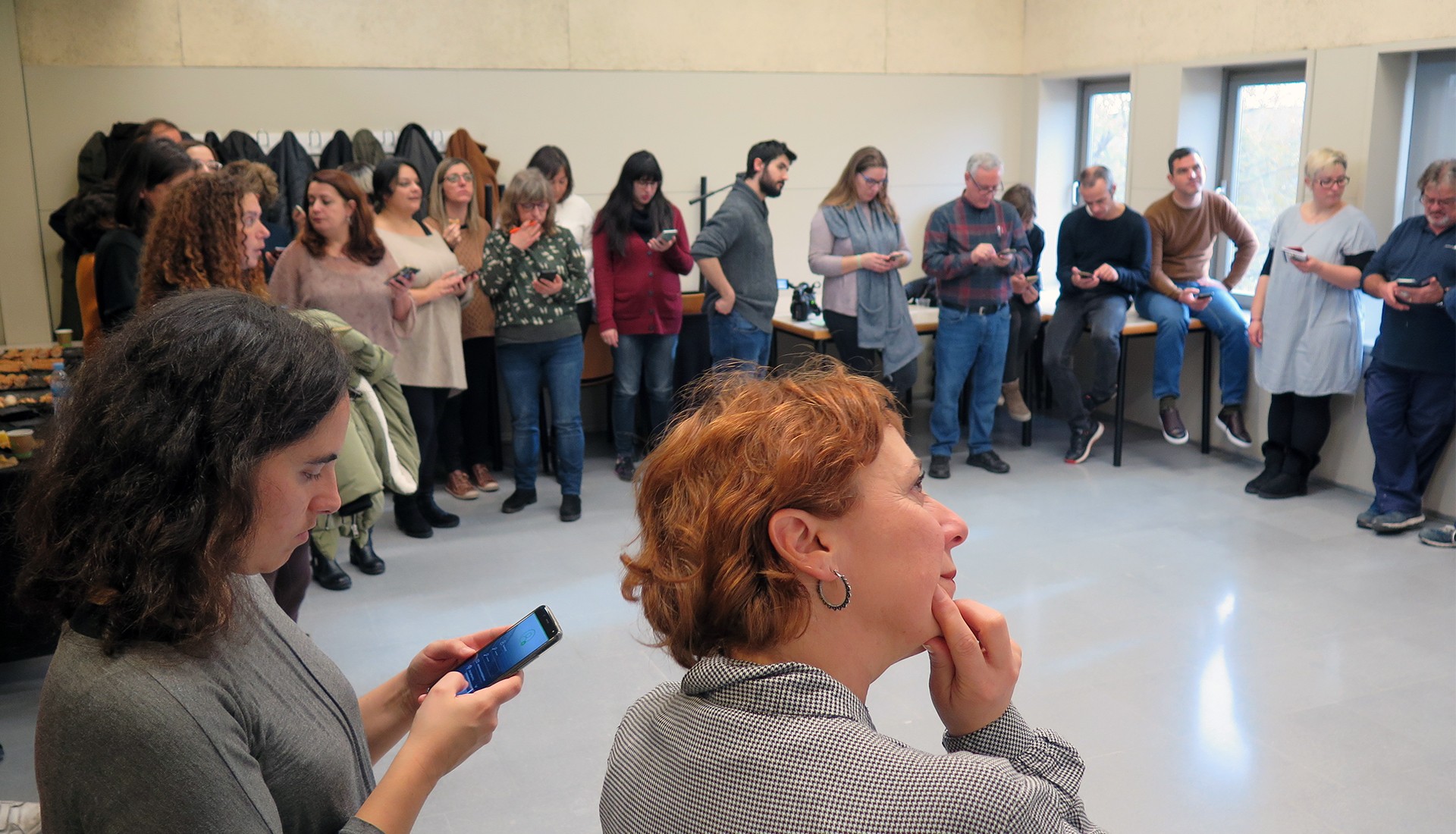
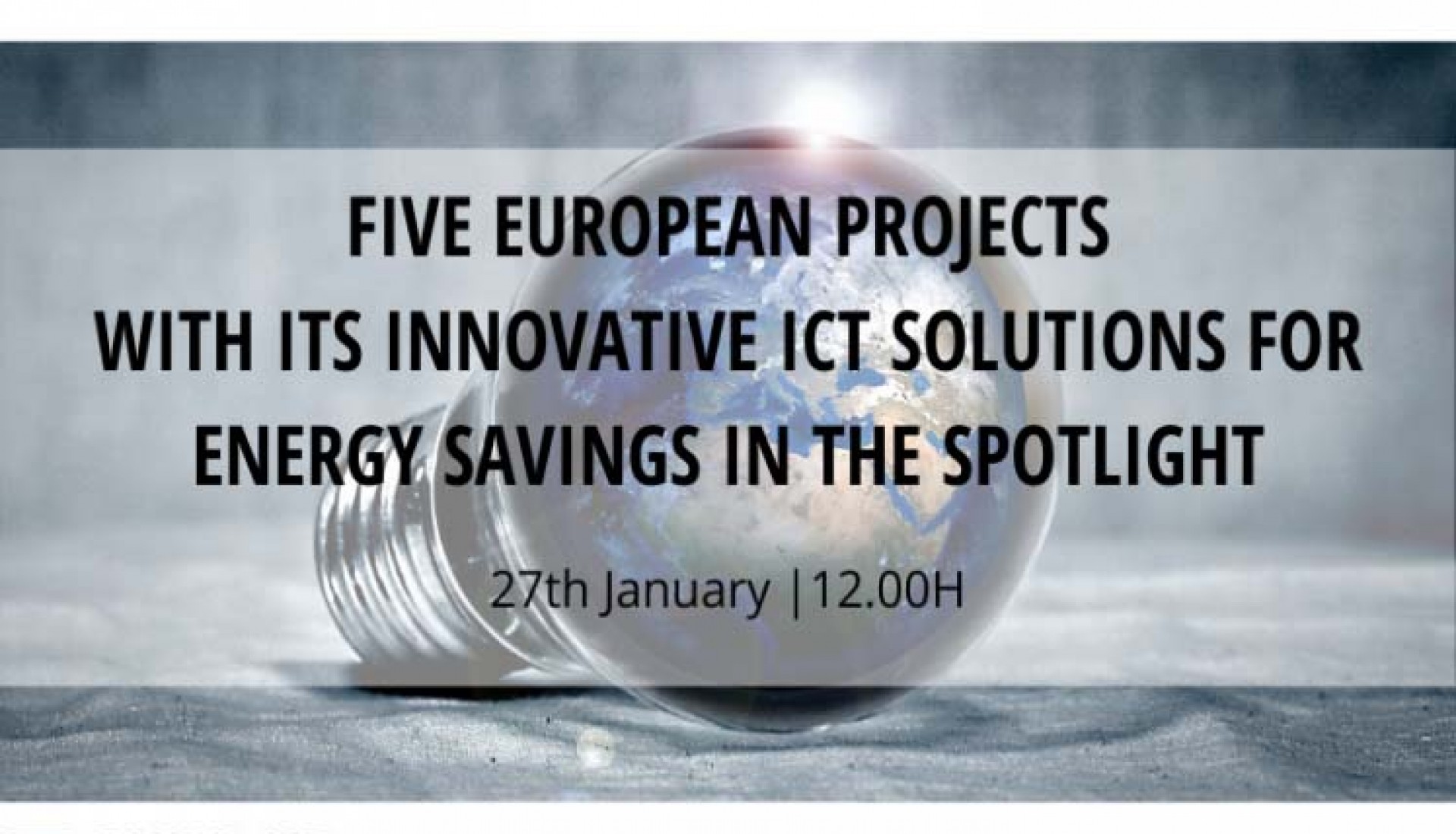
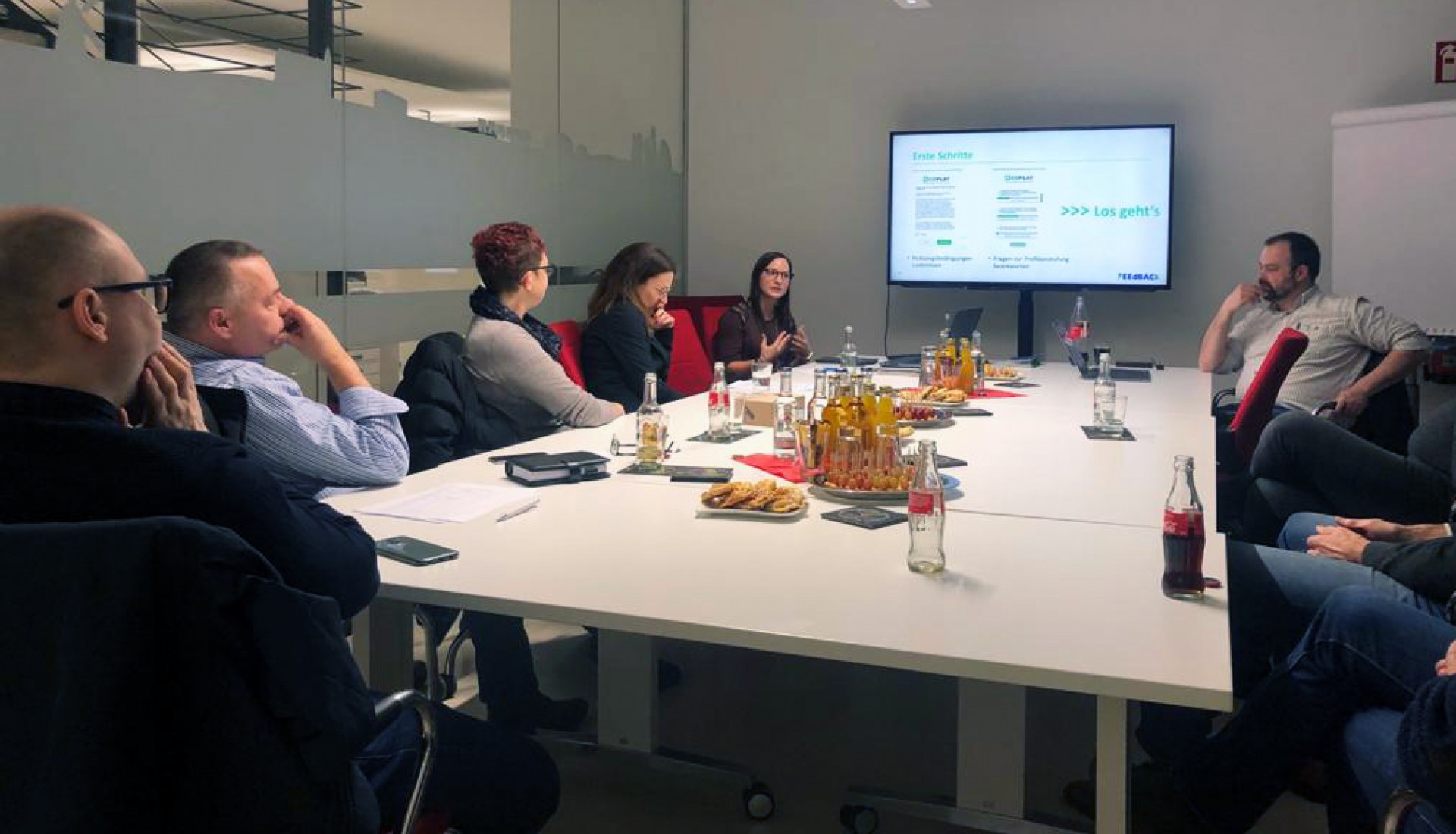
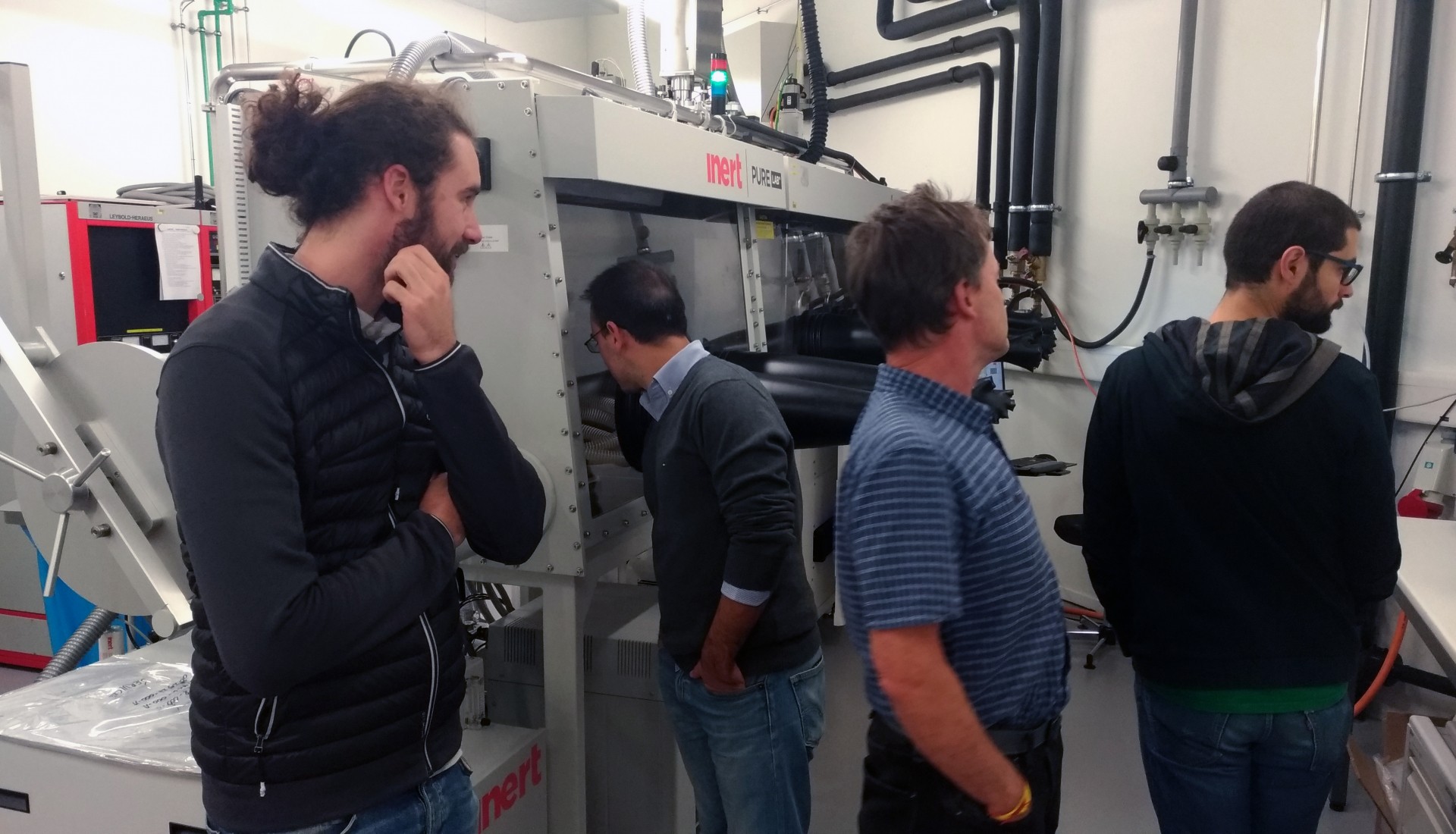
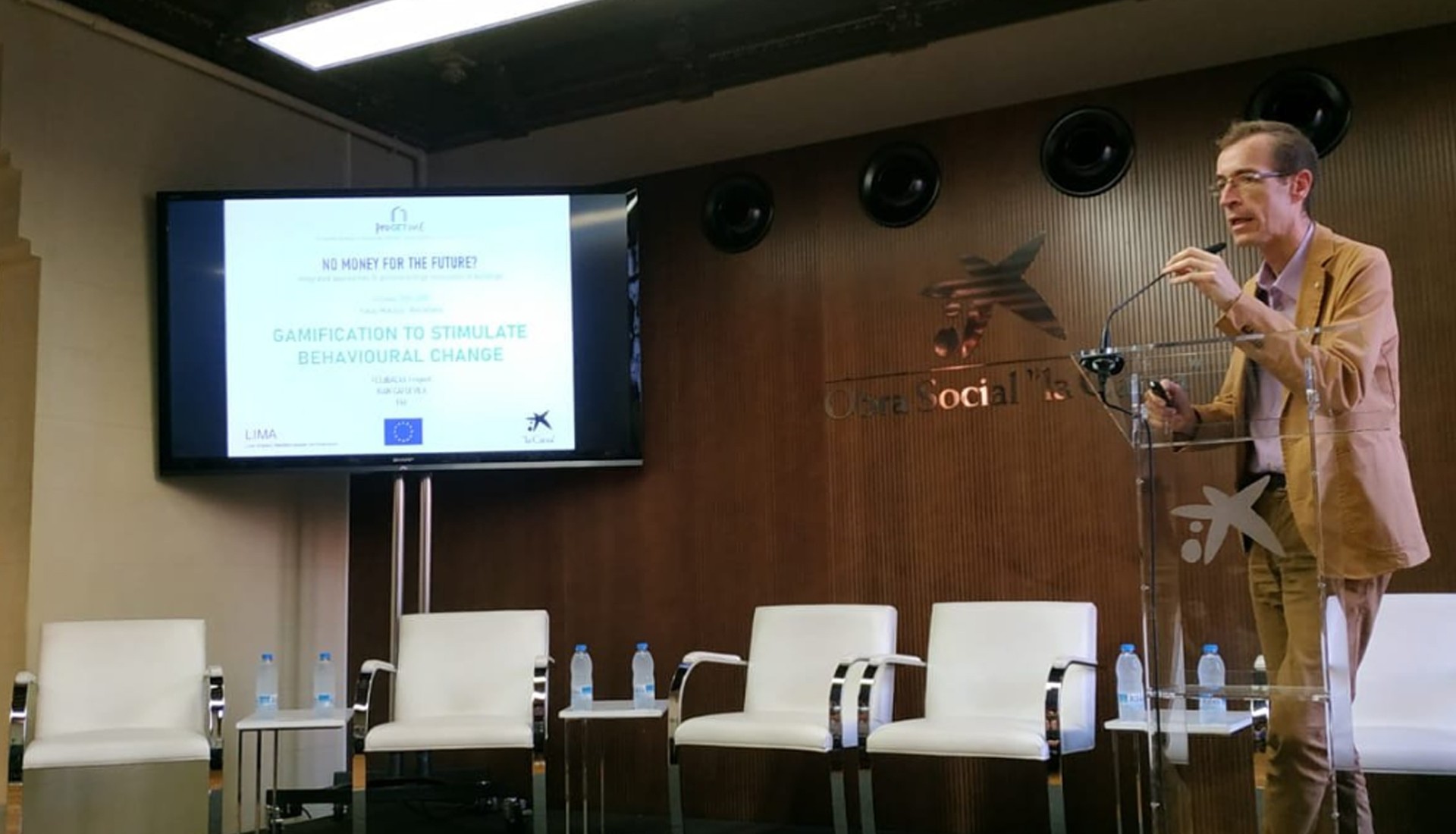
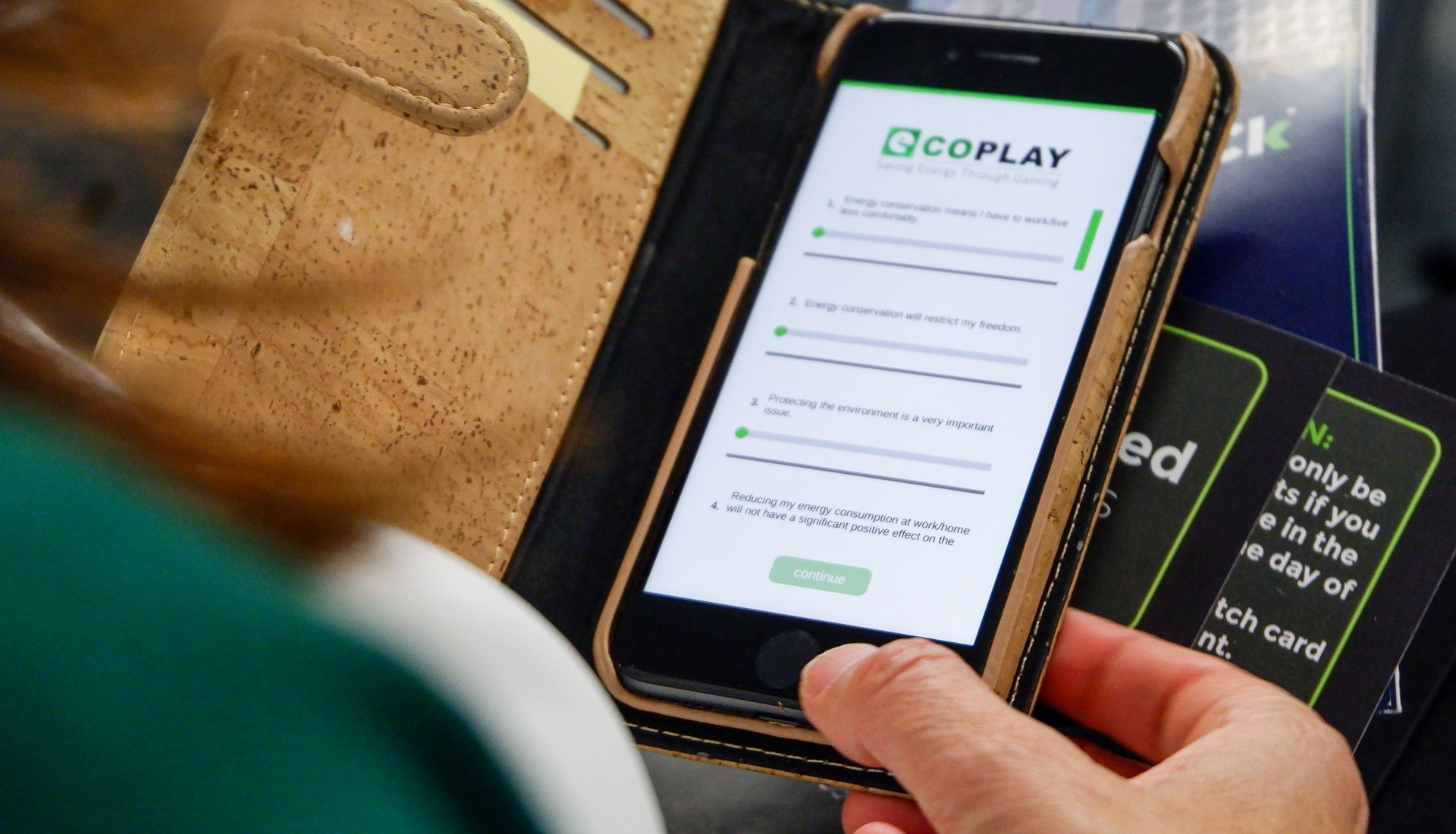
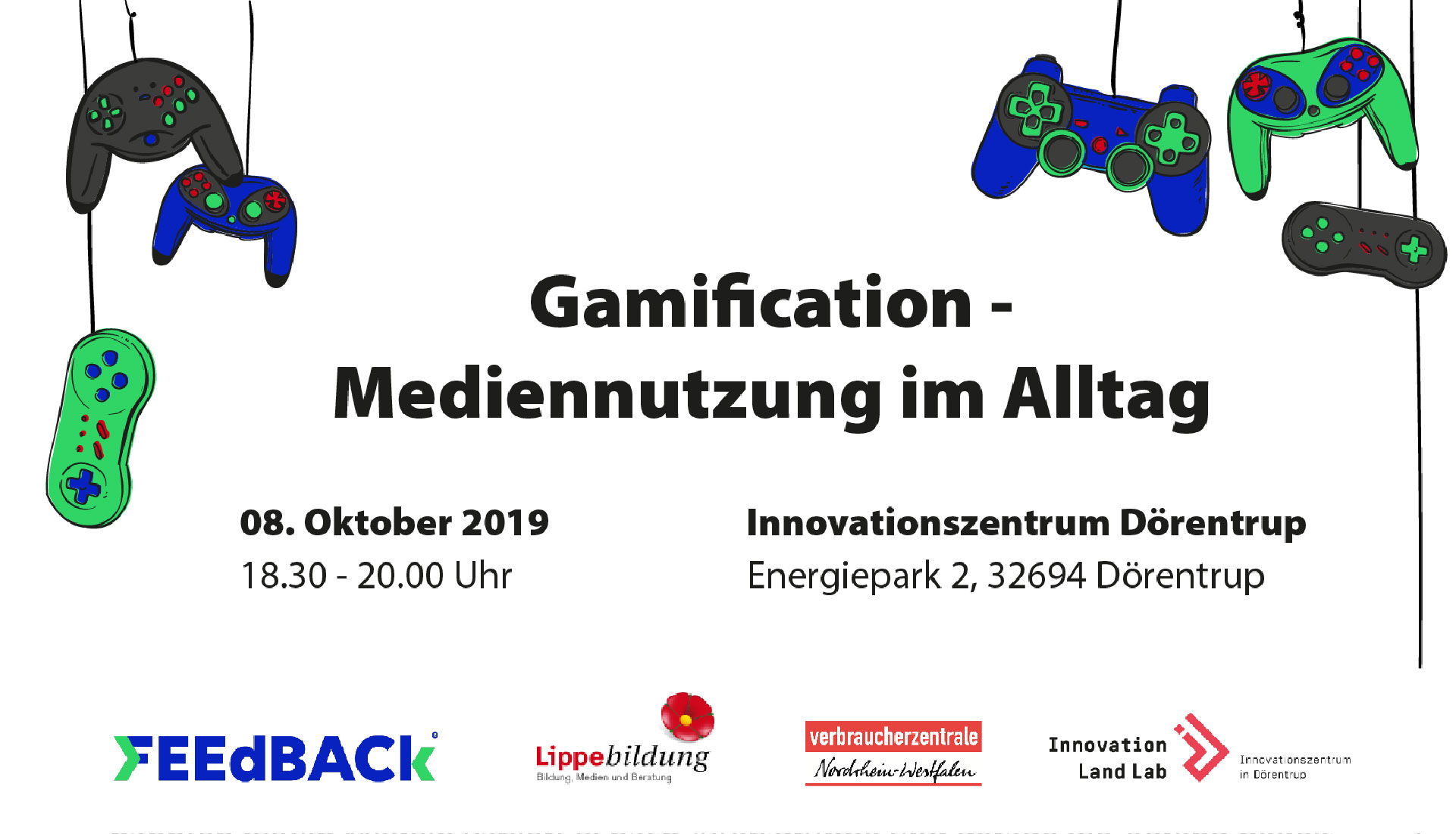
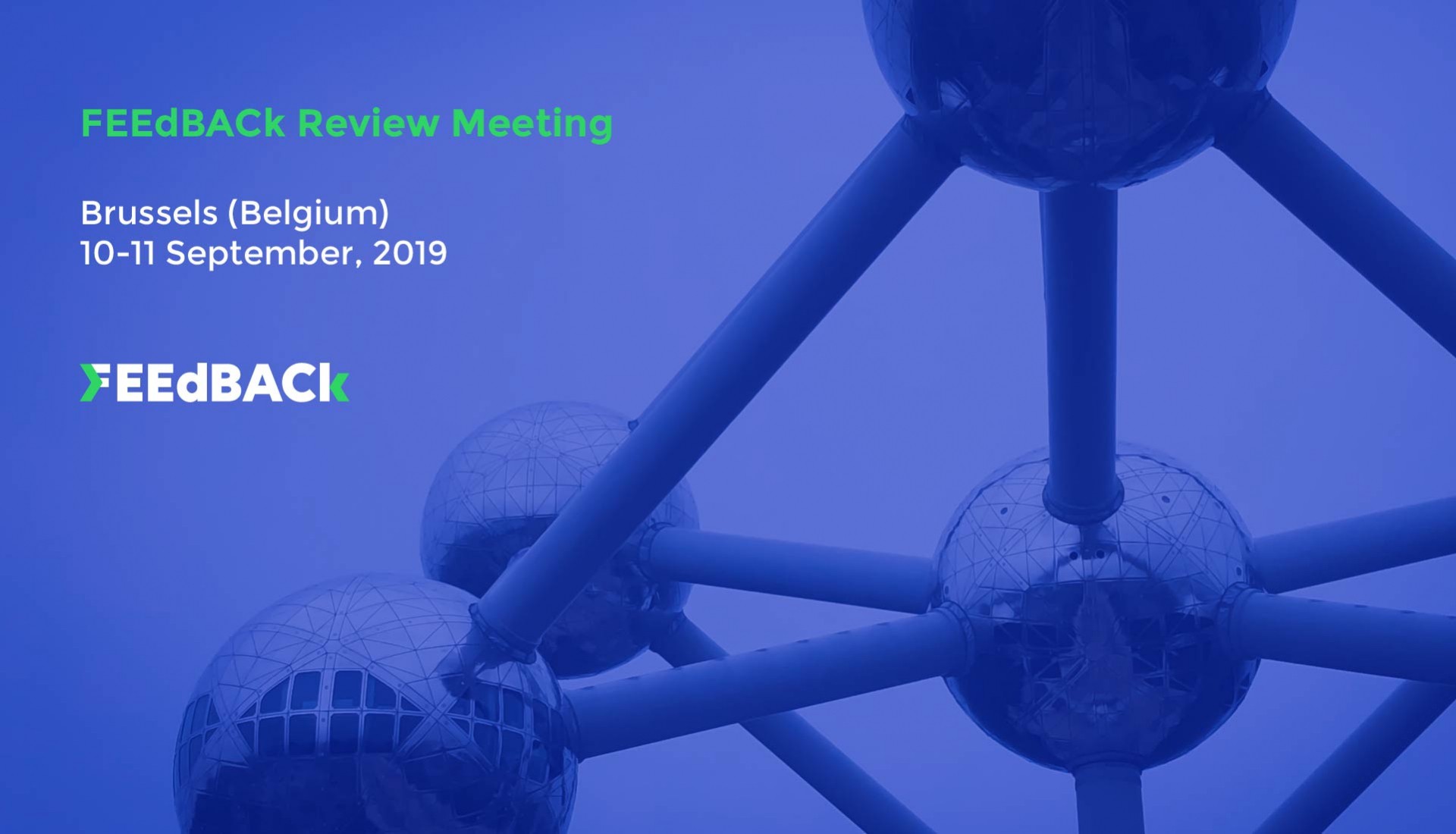
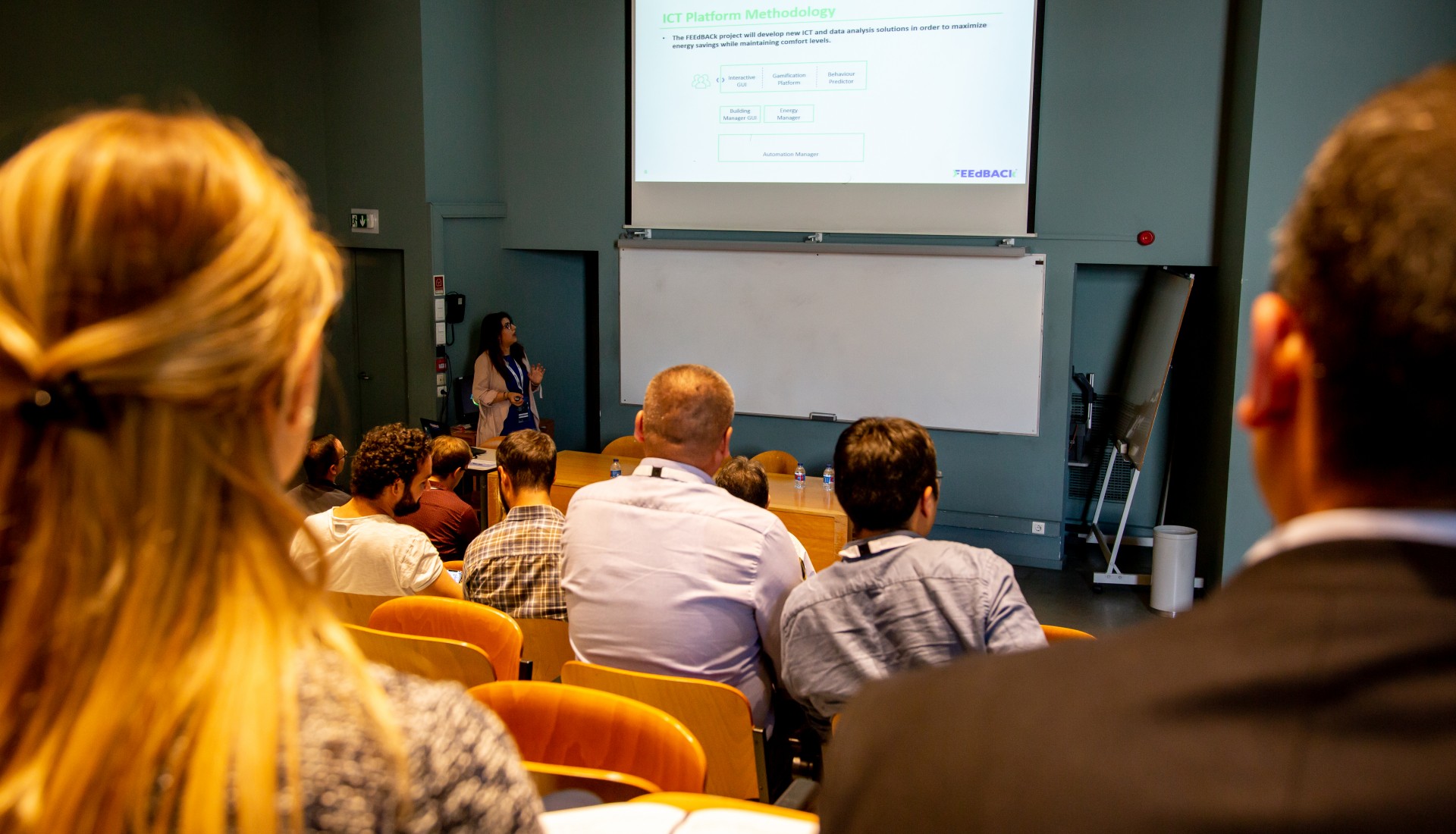
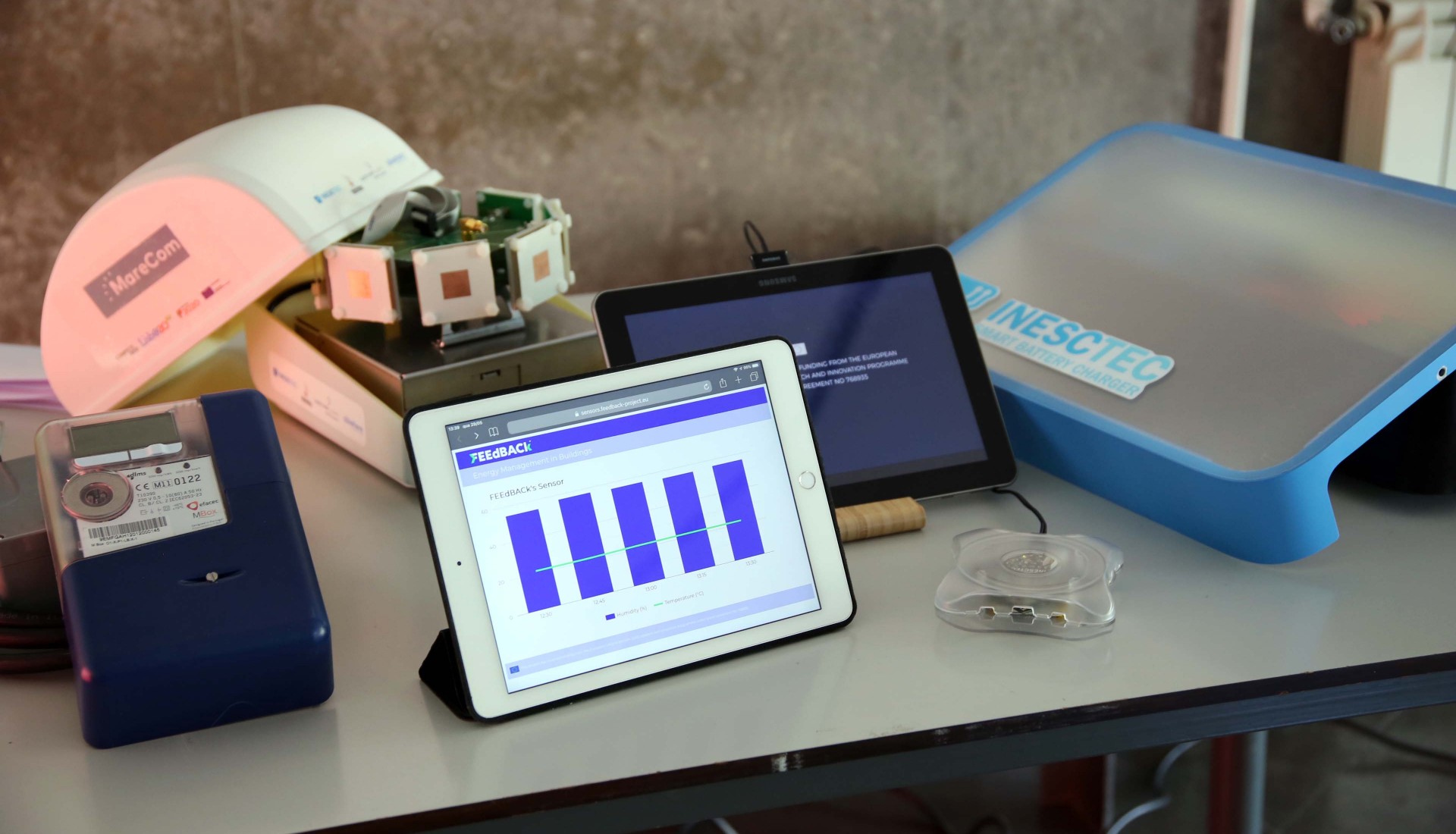
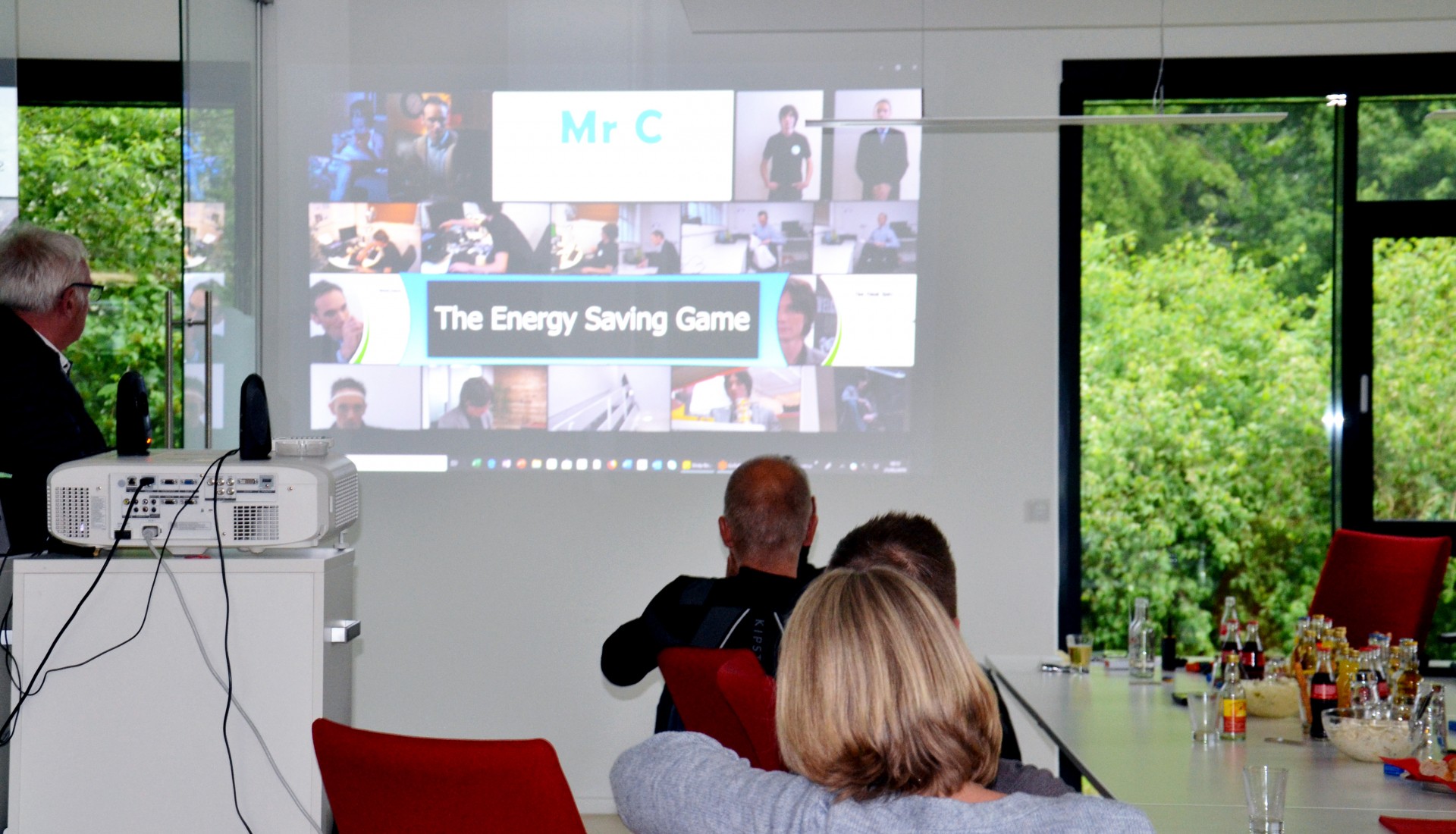
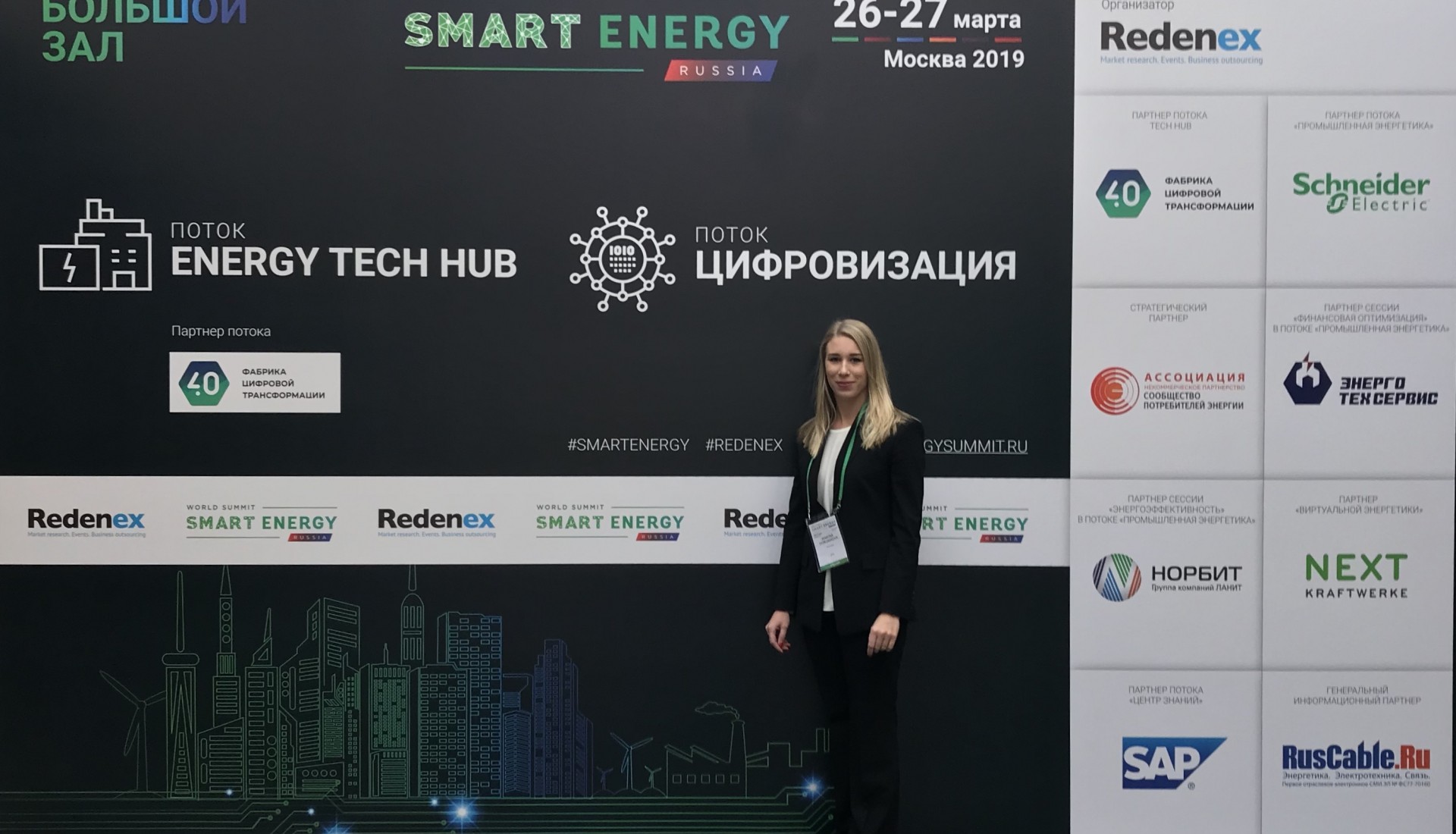
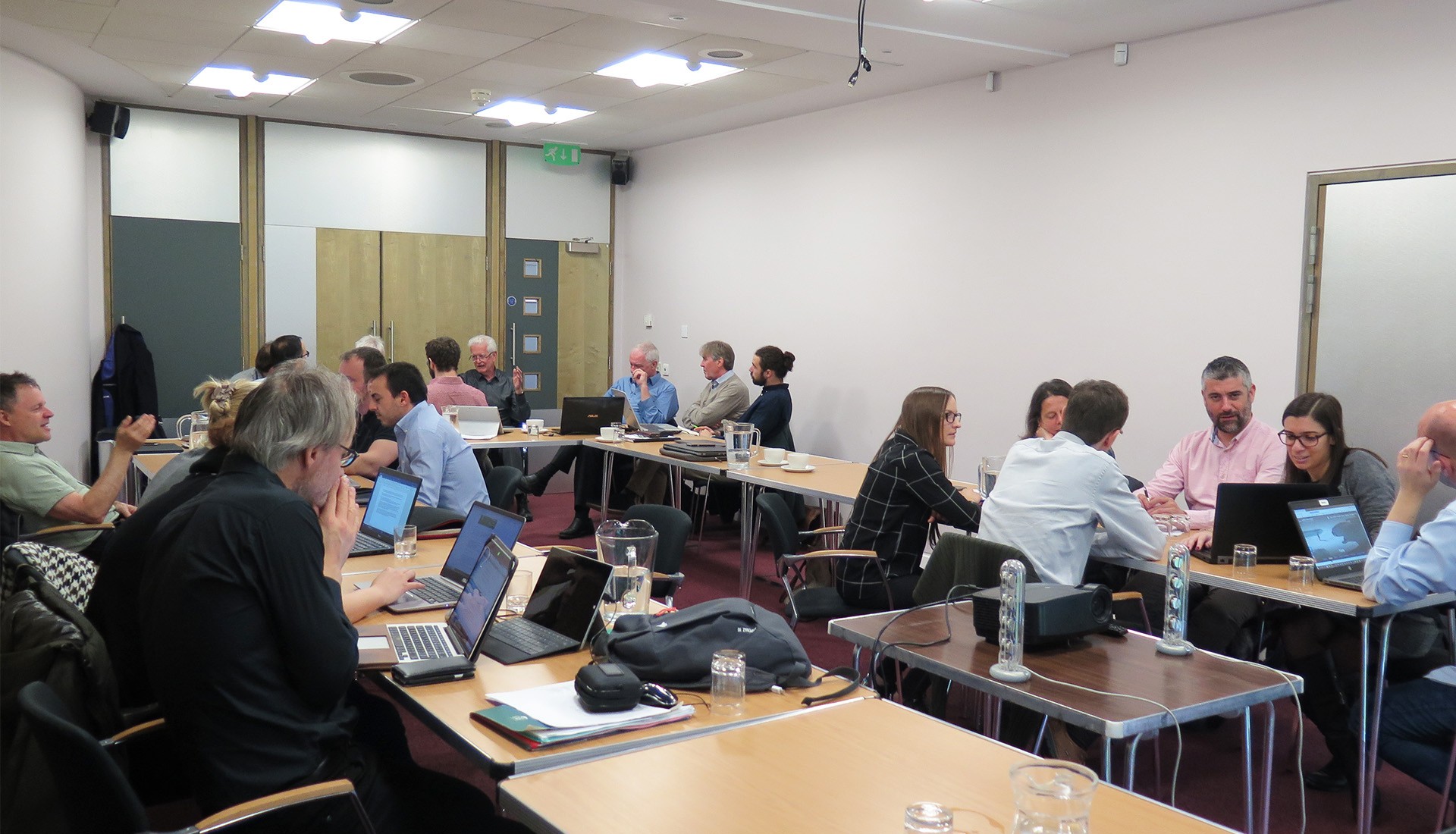
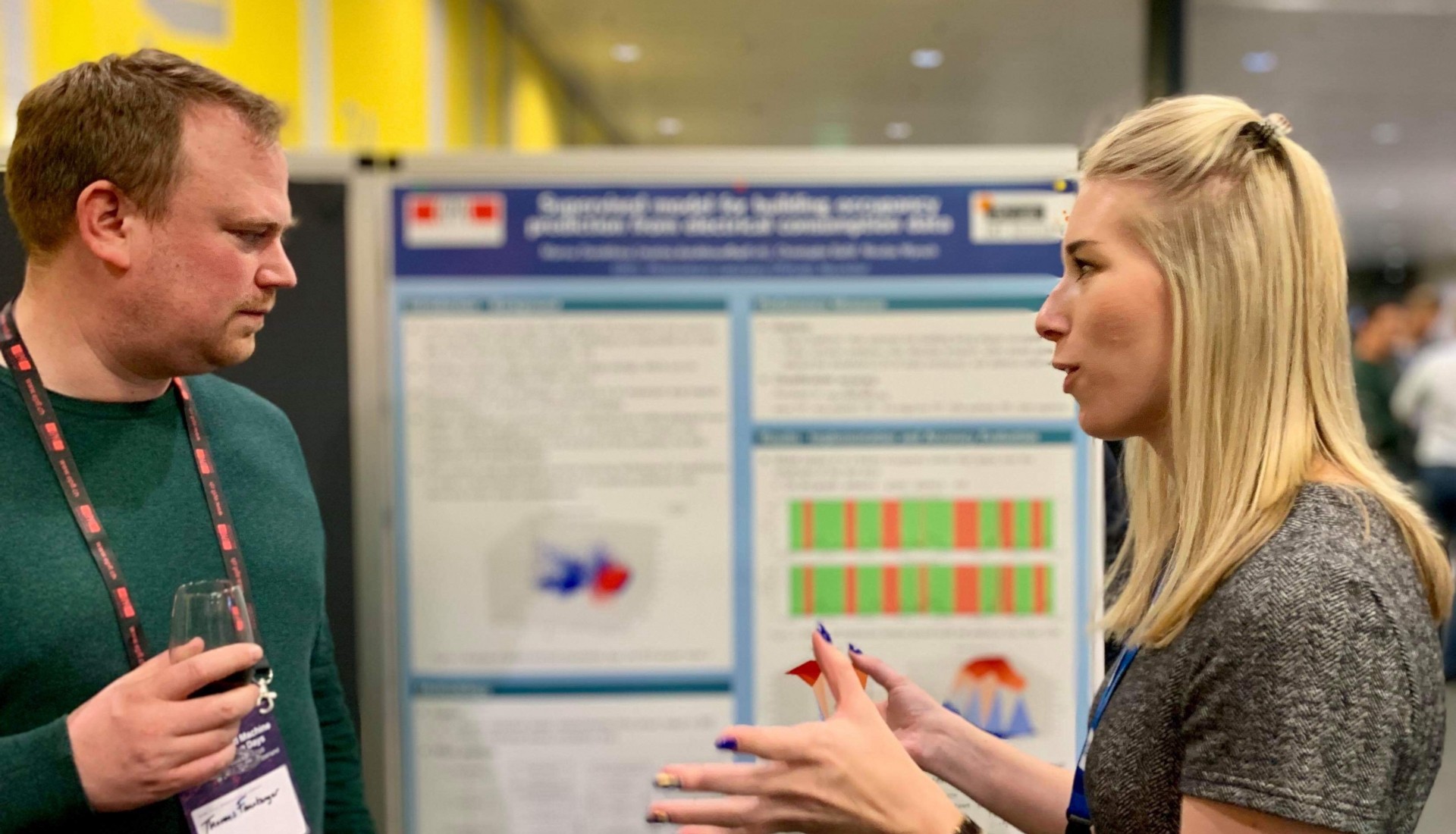
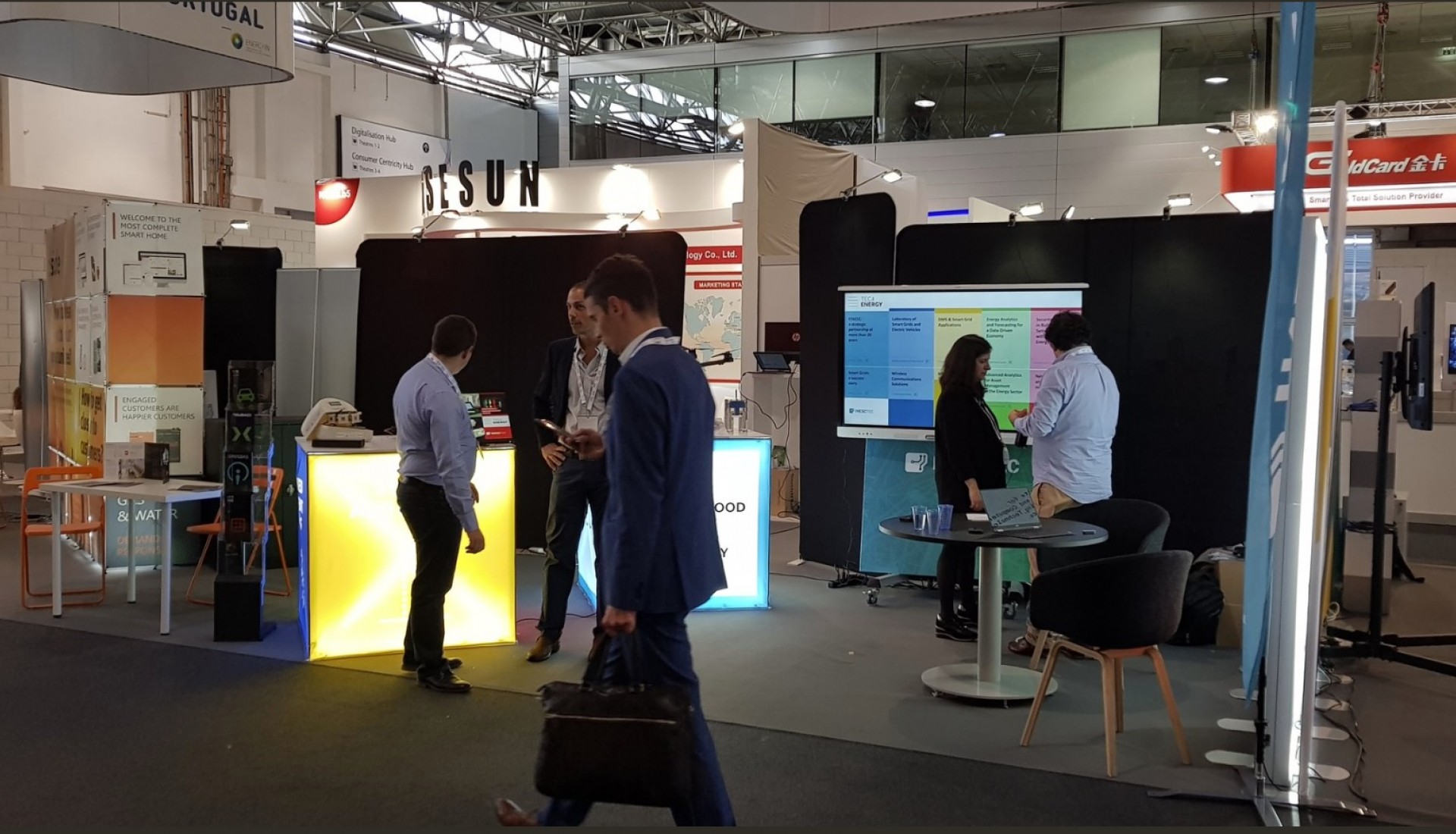
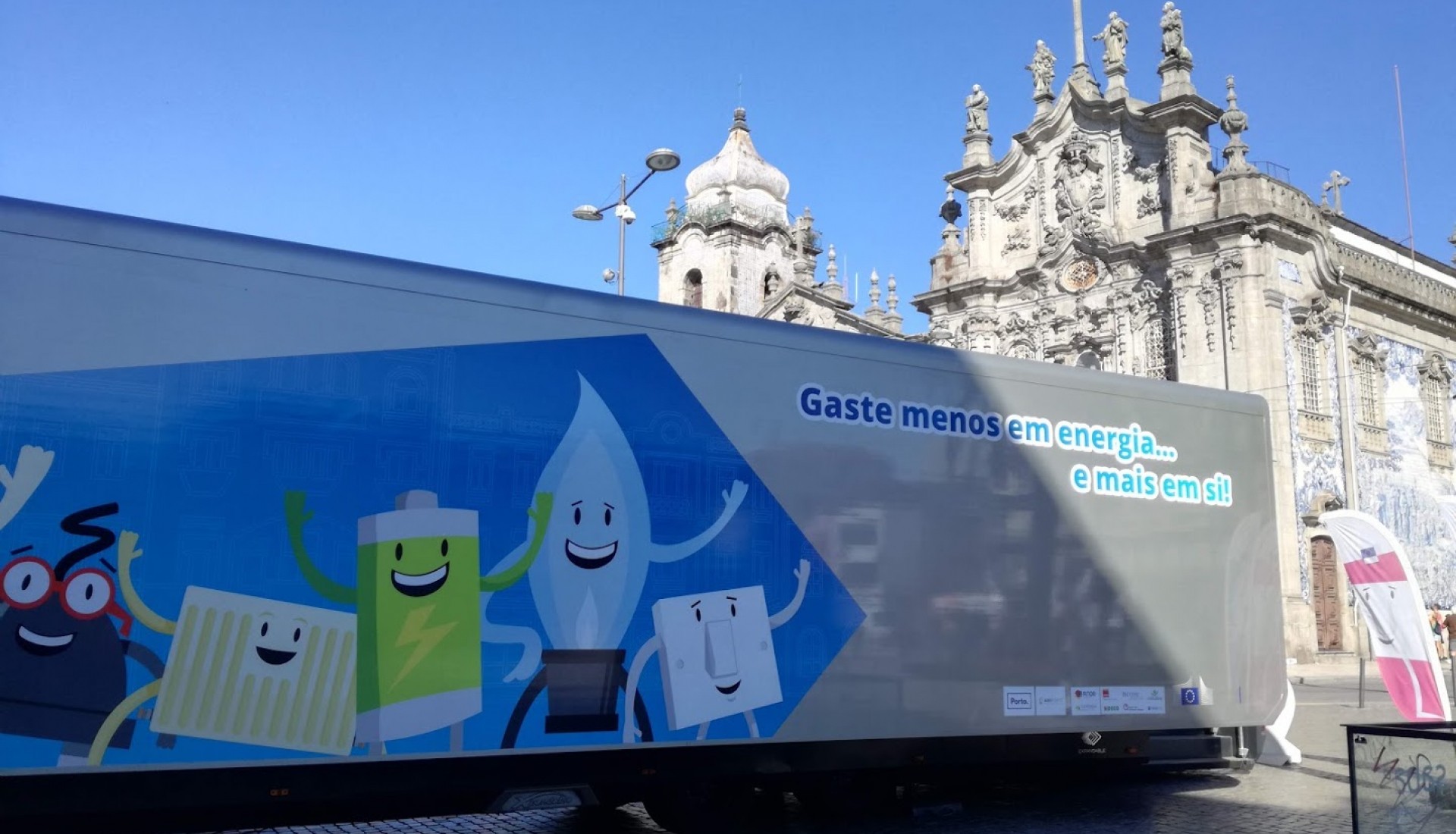
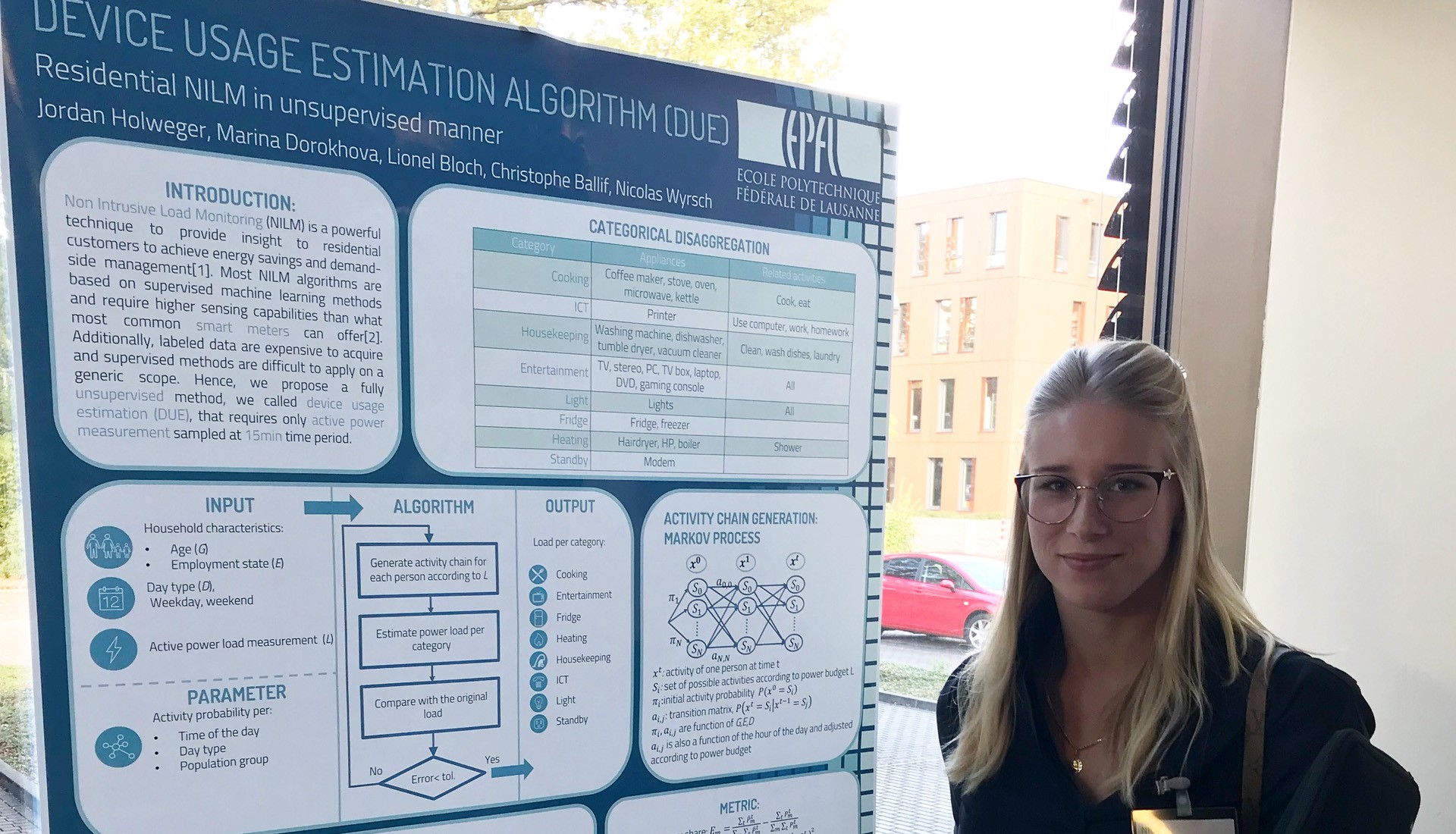
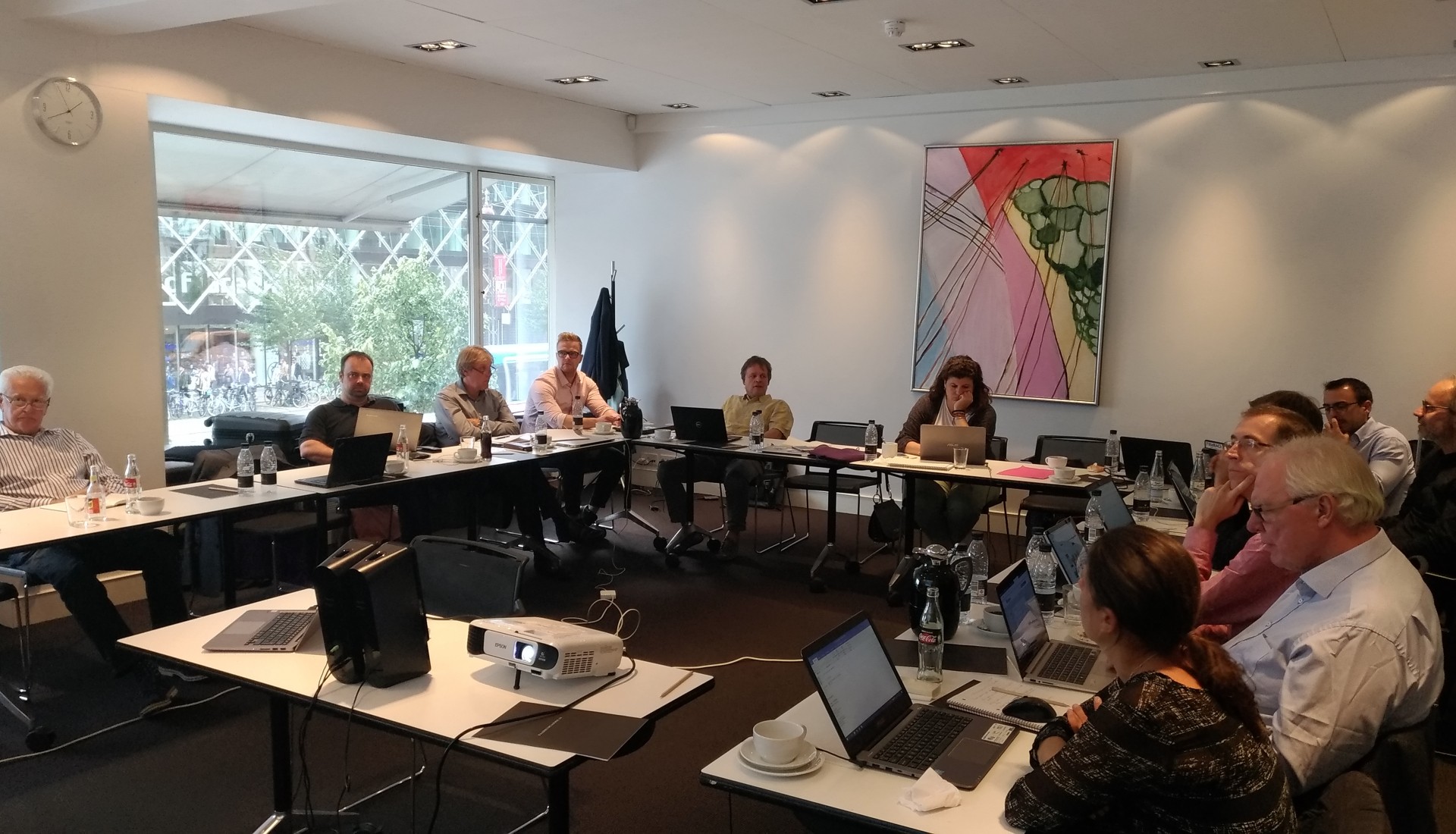
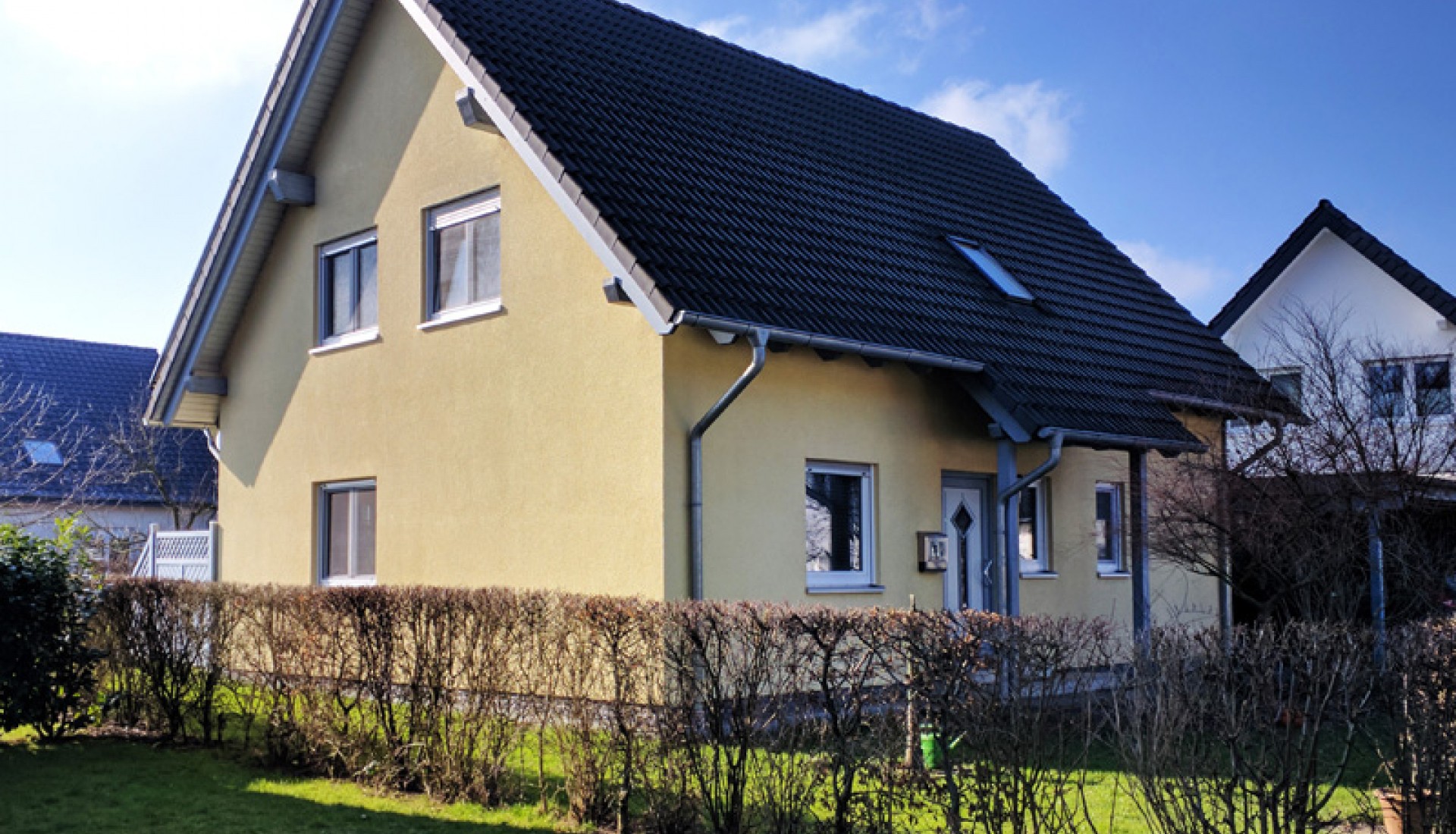
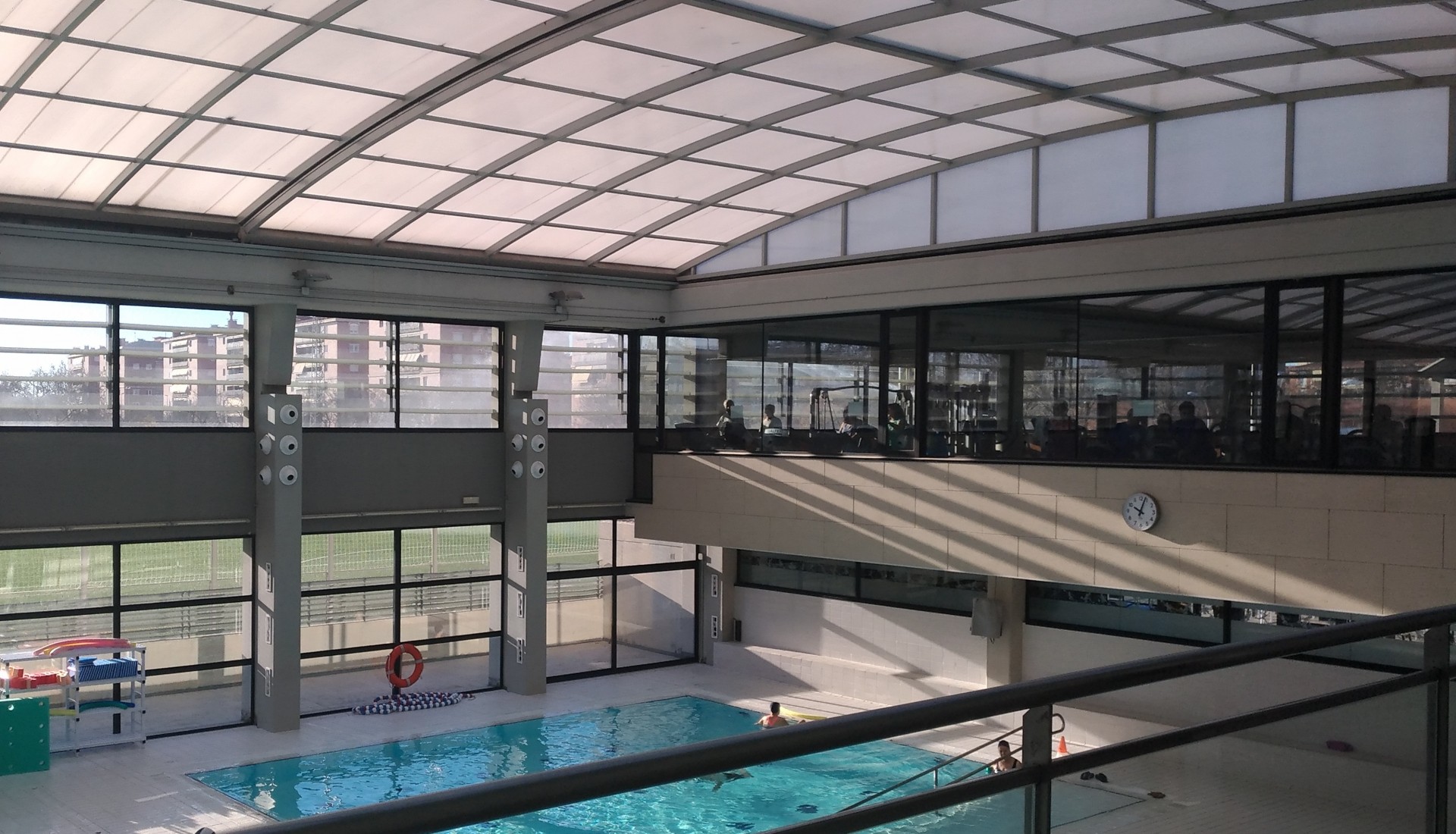
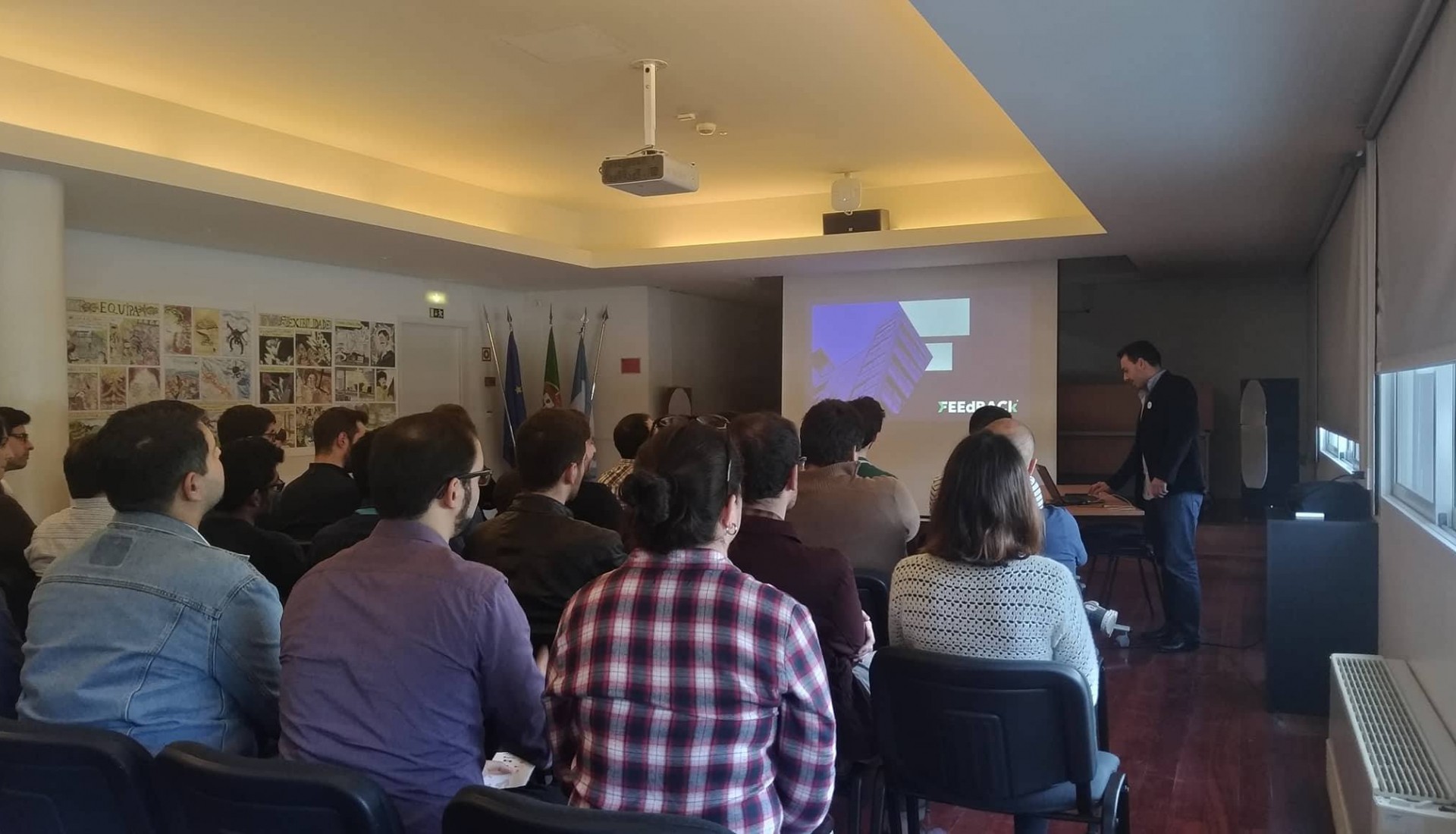
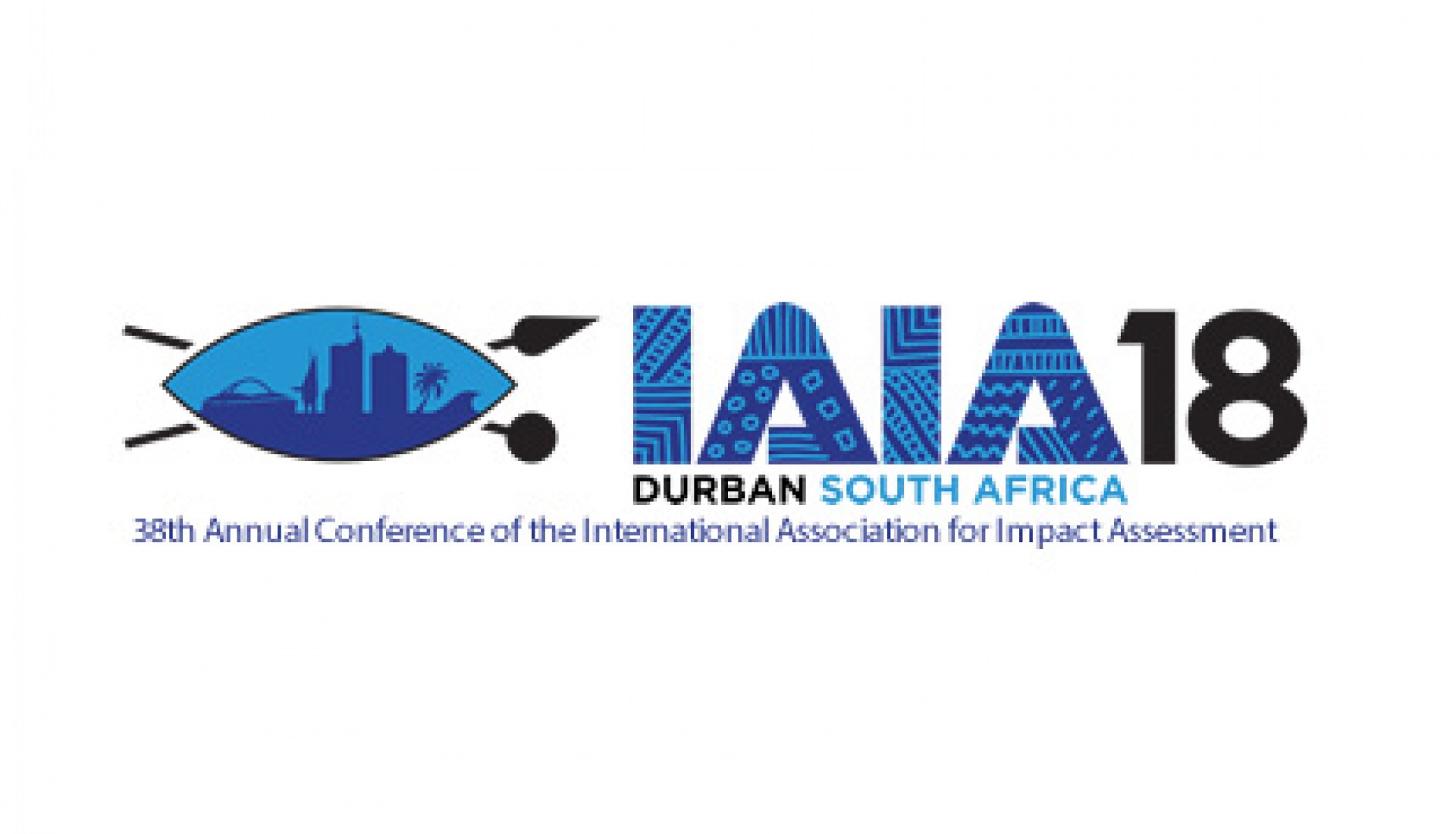
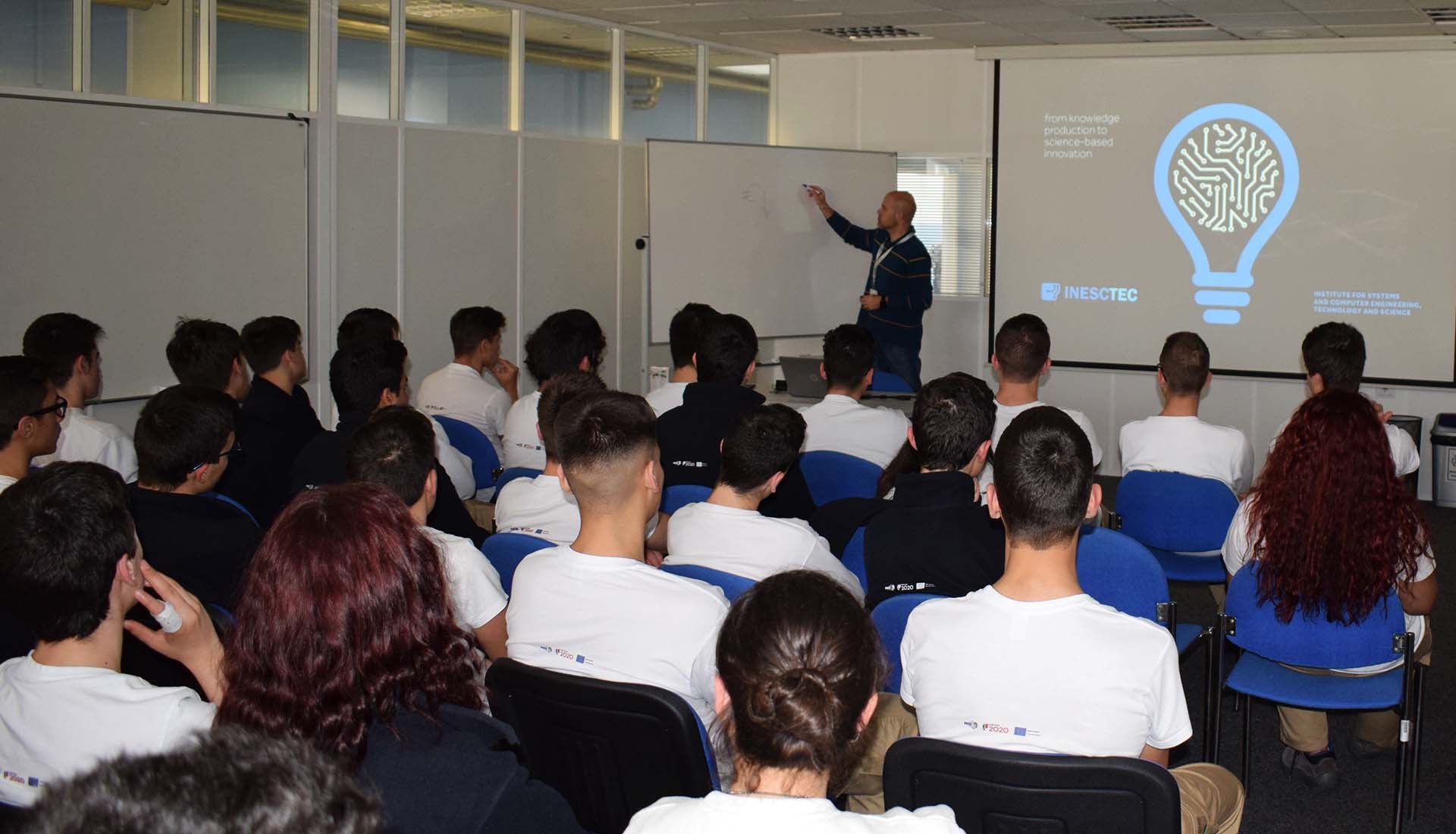







 View on map
View on map